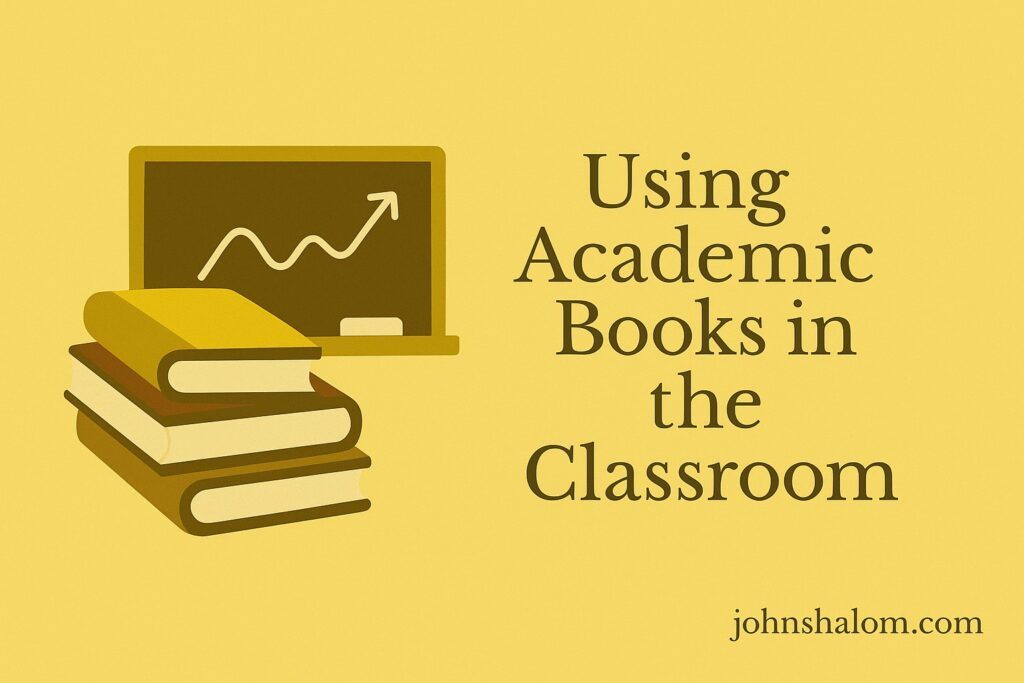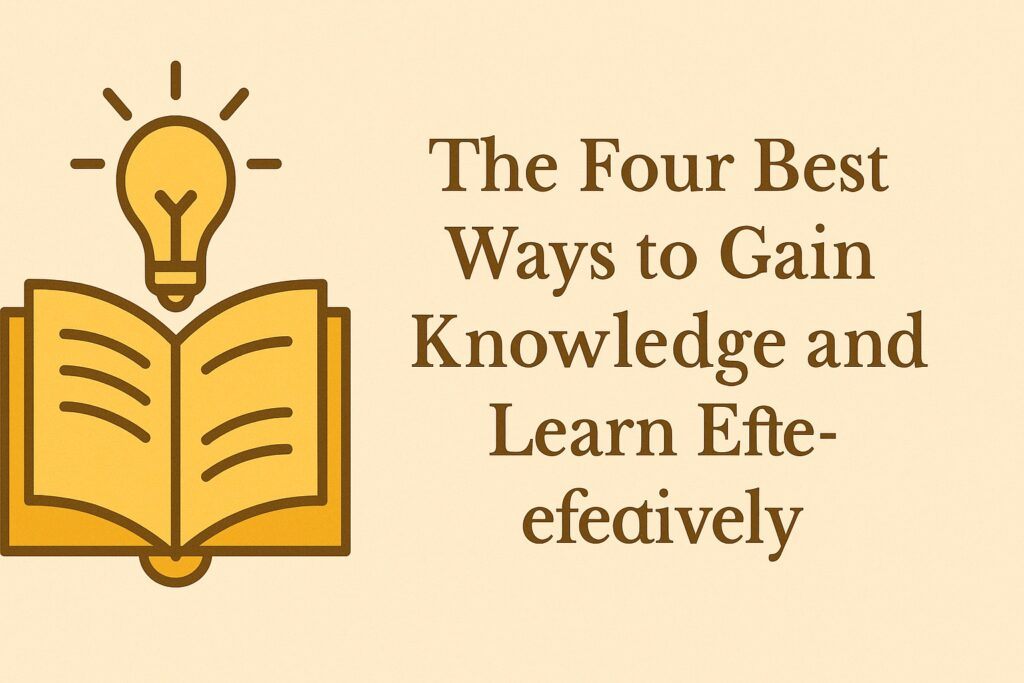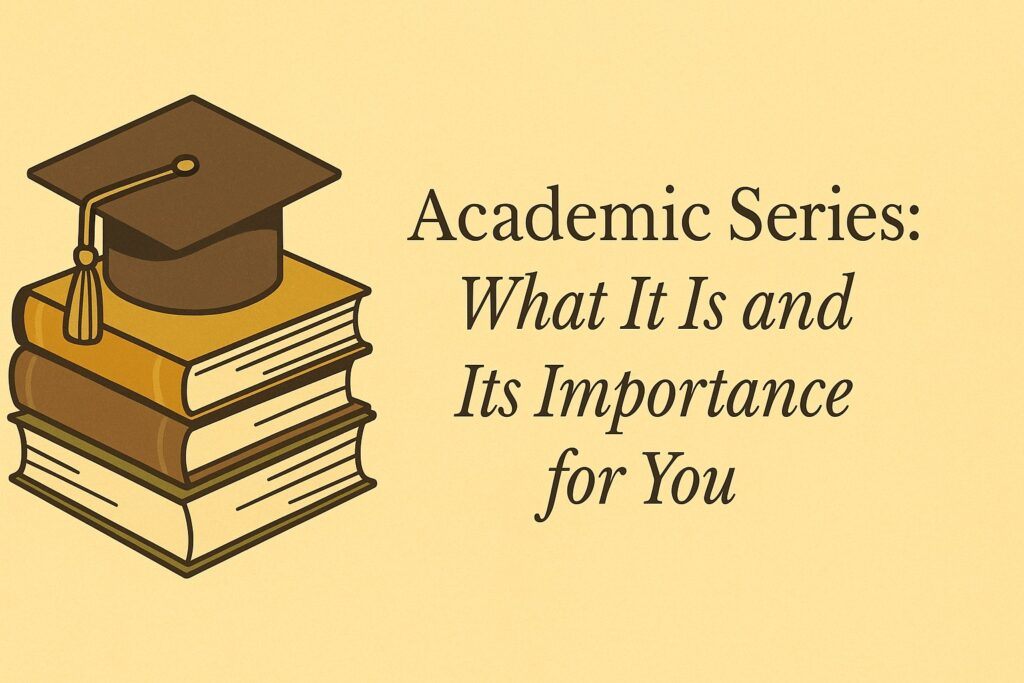
TL;DR:
Academic books bring real depth to classroom learning. They challenge students to think critically, question ideas, and connect theory to life. When used well, these books turn lessons into conversations—and students into thinkers, not just note-takers.
Academic books are invaluable resources in higher education, offering students in-depth knowledge, comprehensive analysis, and diverse perspectives on a wide range of topics. For educators, these books serve as essential tools for effective teaching and learning.
In this guide, we will explore strategies for integrating academic books into the classroom, enhancing pedagogy, and enriching the educational experience. Keywords for this article include: teaching with books, academic books, higher education, and pedagogy.
FAQs: Using Academic Books in Classrooms
1. Why use academic books in the classroom?
They expose students to credible sources, diverse perspectives, and the original ideas shaping their field of study.
2. How can teachers make academic texts more engaging?
Break down complex sections, connect ideas to real-life examples, and encourage students to question and debate the material.
3. Are academic books suitable for all education levels?
Yes, when chosen appropriately. Excerpts or simplified versions can help younger students engage with advanced concepts.
4. How do academic books support critical thinking?
They challenge assumptions, introduce evidence-based reasoning, and encourage independent thought beyond the textbook.
5. What’s the best way to select academic books for teaching?
Choose books that align with course objectives, stimulate curiosity, and promote interdisciplinary understanding.
The Importance of Academic Books in Education
Academic books play a pivotal role in higher education by:
- Providing Comprehensive Knowledge: Academic books offer detailed information and thorough explanations, enabling students to gain a deeper understanding of complex subjects.
- Encouraging Critical Thinking: By presenting diverse viewpoints and challenging students to analyze and interpret information, academic books promote critical thinking and analytical skills.
- Supporting Research and Scholarship: Academic books serve as foundational resources for students’ research projects, helping them to develop strong academic writing and research skills.
Strategies for Teaching with Academic Books
1. Selecting the Right Academic Books
Choosing the right academic books is crucial for effective teaching. Consider the following factors when selecting books for your classroom:
- Relevance: Ensure that the content aligns with your course objectives and curriculum.
- Readability: Choose books that are accessible to your students’ academic level and language proficiency.
- Diversity: Incorporate books that represent diverse perspectives, authors, and disciplines to broaden students’ understanding.
2. Integrating Academic Books into Course Syllabi
Incorporate academic books into your course syllabus to provide structure and direction for your students. Here are some tips:
- Assign Readings: Clearly outline required readings, including specific chapters or sections, and provide a timeline for when they should be completed.
- Create Discussion Questions: Develop questions related to the readings to facilitate classroom discussions and encourage students to engage with the material.
- Align with Assessments: Design assessments, such as essays, presentations, or exams, that require students to reference and analyze the academic books.
3. Facilitating Classroom Discussions
Academic books can serve as the foundation for meaningful classroom discussions. To foster engaging conversations:
- Prepare in Advance: Read the assigned material thoroughly and prepare thought-provoking questions that challenge students to think critically.
- Encourage Participation: Create a supportive environment where all students feel comfortable sharing their thoughts and opinions.
- Connect to Real-World Issues: Relate the content of the academic books to current events or real-world scenarios to make the material more relevant and engaging.
You might also like The Ultimate Guide to Academic Writing: Structure, Style, and Success in Research
4. Incorporating Multimedia and Technology
Enhance the use of academic books by integrating multimedia and technology into your teaching. Consider the following:
- Supplement with Videos and Articles: Use videos, articles, and other multimedia resources to complement the academic books and provide different perspectives on the same topic.
- Leverage Online Discussion Forums: Create online forums or discussion boards where students can discuss the readings, share insights, and ask questions outside of class.
- Utilize E-Books and Digital Resources: Encourage students to use e-books and digital resources, which often include interactive features such as hyperlinks, annotations, and multimedia elements.
Benefits of Using Academic Books in the Classroom
Incorporating academic books into your teaching offers several benefits:
- Enhanced Learning: Academic books provide students with a deep and comprehensive understanding of the subject matter, enhancing their overall learning experience.
- Improved Critical Thinking: By engaging with complex and diverse perspectives, students develop stronger critical thinking and analytical skills.
- Preparation for Advanced Studies: Academic books prepare students for advanced studies by familiarizing them with the rigor and depth of scholarly research and writing.
Conclusion
Academic books are indispensable tools for educators in higher education. By carefully selecting relevant and diverse books, integrating them into course syllabi, facilitating classroom discussions, and incorporating multimedia and technology, teachers can create a dynamic and enriching learning environment. Ultimately, the use of academic books in the classroom fosters a deeper understanding of the subject matter, encourages critical thinking, and prepares students for future academic and professional endeavors.
As we continue to navigate the evolving landscape of education, the enduring value of academic books remains clear. By embracing their potential and incorporating them effectively into our teaching practices, we can inspire and empower the next generation of scholars and thinkers.


